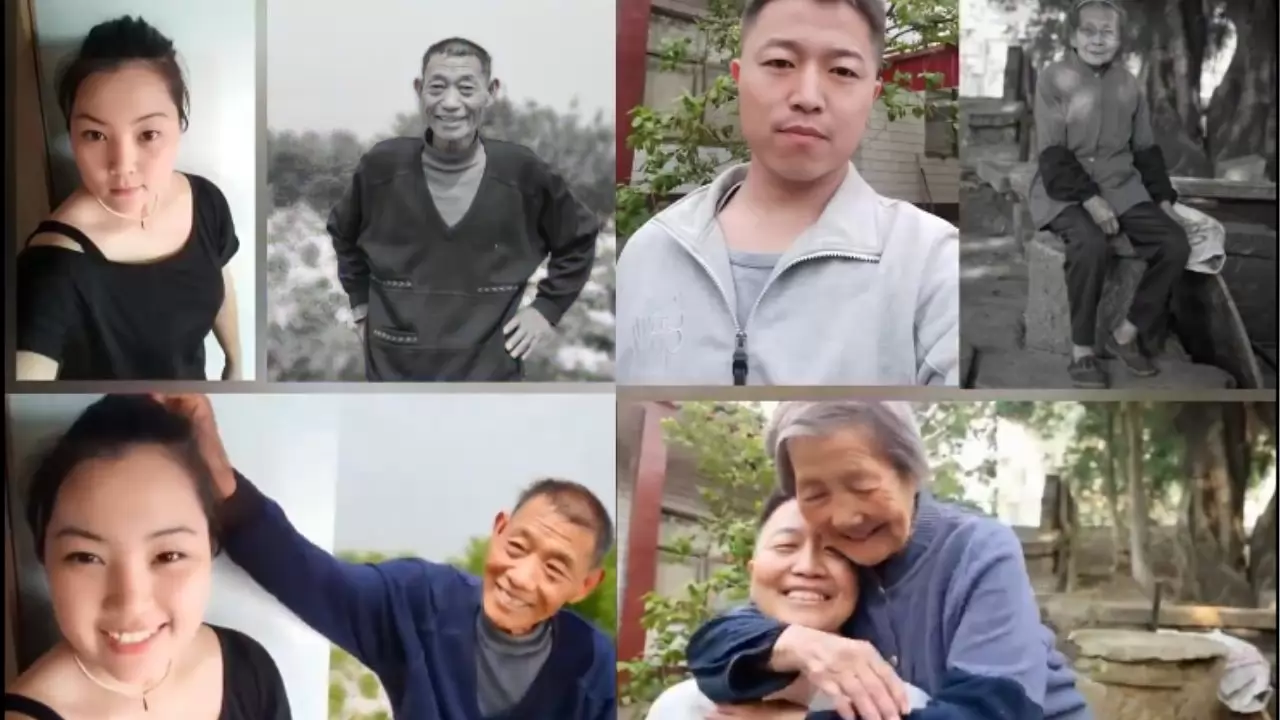
X/Ian Miles Cheong
New Delhi: Japan, a nation known for its blend of tradition and innovation, is exploring a unique way for mourners to connect with their deceased loved ones: AI-powered hugs. This emerging technology aims to bridge the physical gap created by death, offering a comforting touch through advanced robotics and artificial intelligence.
The beginning
The concept is spearheaded by companies like SoftBank Robotics, creators of the humanoid robot Pepper. Pepper, originally designed for entertainment and customer service, is being adapted to provide a simulated hug using soft materials and pressure sensors. These sensors can gauge the user's emotional state and respond accordingly, offering a gentle squeeze or a comforting pat.
You can now use AI to hug your deceased loved ones, to create memories of events that never happened. Thoughts? pic.twitter.com/7tuR0x8DLG
— Ian Miles Cheong (@stillgray) July 12, 2024
However, the AI aspect goes beyond just physical touch. Developers are exploring the possibility of integrating voice recognition and memory storage into the robots. Imagine a loved one's voice whispering words of comfort or a pre-recorded message playing during the embrace. This personalization could create a more profound emotional connection for the user.
While the technology is still in its early stages, it has garnered significant interest in Japan. A society with a rapidly ageing population and a growing number of single-person households, Japan grapples with social isolation, especially among the elderly. AI hugs could potentially provide much-needed physical and emotional support for those grieving the loss of loved ones.
However, ethical concerns remain. Critics question the potential for technology to exploit grief or replace genuine human interaction. Additionally, the high cost of developing and maintaining these robots may limit accessibility.
Despite these challenges, the concept of AI hugs presents a fascinating glimpse into the future of death and mourning. As technology evolves, AI-powered interactions could become a more mainstream part of the grieving process, offering comfort and connection in a way never before imagined.





Copyright © 2026 Top Indian News
